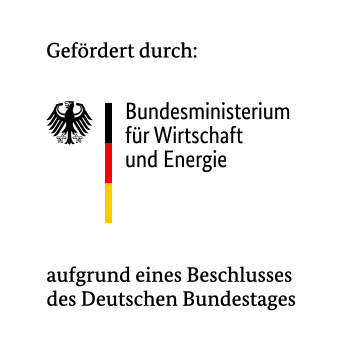Das Projekt wird im Rahmen des EFRE Programms 2021 bis 2027 des Landes Mecklenburg-Vorpommern aus Mitteln des Europäischen Fonds für regionale Entwicklung der Europäischen Union und des Landes Mecklenburg-Vorpommern gefördert.
Gegenstand von VUSSIO ist der Entwurf und die prototypische Umsetzung eines innovativen Schallsensors, der in einem hybriden Ansatz statistische, adaptive und selbstlernende Operatoren direkt im Sensor kombiniert und dadurch einen gegenüber bisherigen Systemen maßgeblich erweiterten Anwendungsbereich abdeckt.
Alle für den Produktivbetrieb notwendigen Analysen direkt im Sensor durchzuführen bietet enorme Vorteile im praktischen Betrieb. Störeinflüsse, Ressourcenverbrauch und Konfigurationsaufwand werden so minimiert, während die Anwendungsmöglichkeiten im industriellen Umfeld gegenüber mehrteiligen Lösungen deutlich umfangreicher sind. Diese Anwendungseigenschaften sollen mit dem Design des VUSSIO-Schallsensors umgesetzt werden.
Rohdaten werden dabei bereits sensorseitig in charakteristische Merkmale aufgespreizt und in einer technischen Zwischenstufe für eine relevanzadaptive Bewertung des Signals herangezogen, woraus sich eine relevanzadaptive Filterung ergibt. Diese Vorgehensweise ermöglicht, relevante Signale von bedeutungsärmeren zu unterscheiden und entsprechend automatisch zu filtern und zu markieren.
Durch die Übertragung von "kondensierten" Merkmalsvektoren (mit höherem Informationsinhalt pro Datenbit) werden Übertragungs- und Energieversorgungsressourcen minimal belastet und das Verhältnis zwischen Information und Grundrauschen wird essentiell verbessert. Die Kartierung der ermittelten Geräuschmerkmale erfolgt mit unterschiedlichen Zeitauflösungen, wodurch auch schleichende Alterungs- und Verschleißprozesse quantifizierbar werden. Die ereignisschwellenbezogene Klangaufzeichnung speichert und überträgt kurze Klangschnipsel, die für eine manuelle Analyse herangezogen werden können.
Zur optimalen Unterstützung des Sensorbetriebs wird parallel eine interaktive Bedien- und Konfigurationsoberfläche vorgesehen, die wahlweise über direkte Netzwerkverbindung oder über eine Cloud-Anbindung mit dem Sensor kommuniziert.
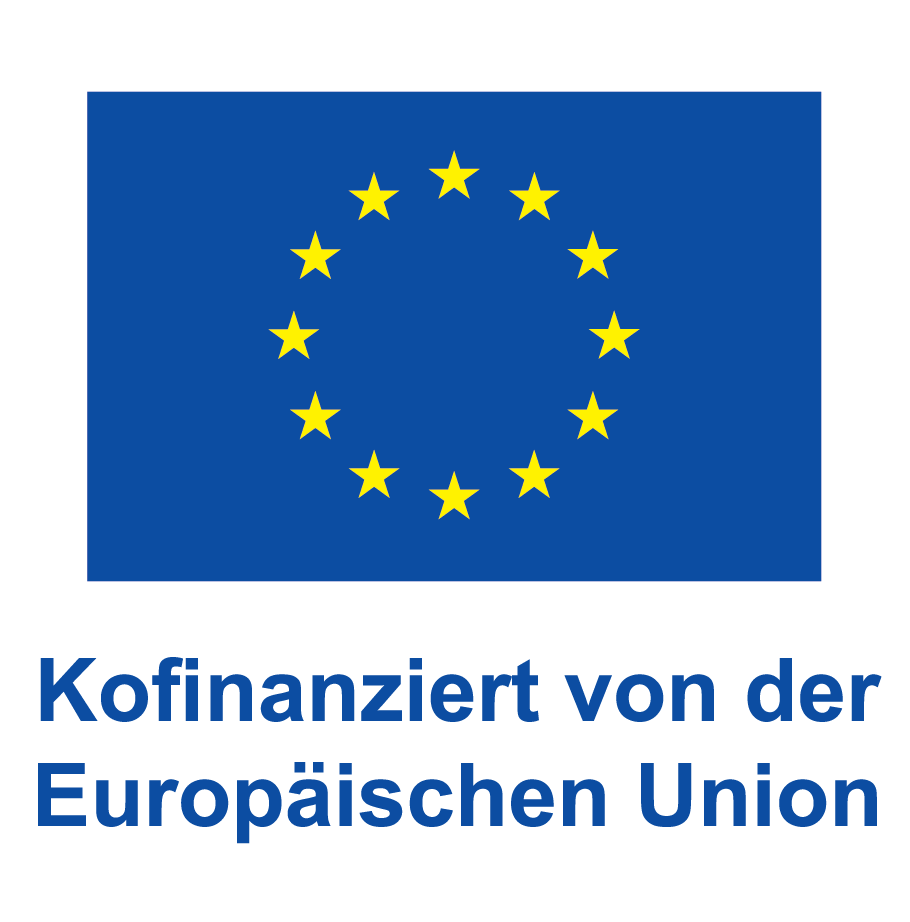
This project ist co-financed by Federal Ministry for Economic Affairs and Climate Action.
Leaky containers are a key issue for beverage and food manufacturers, as this affects the quality and shelf life of the products. Acoustic inline measuring systems are already available for leak testing, but they are not suitable for continuous use in harsh industrial environments. Contamination leads to clogging of the microphone protection cap and thus to measurement errors or even failure of the microphone. Undetected measurement errors can lead to consumers receiving inferior products and the manufacturer's reputation suffers. If the microphone fails completely, there is a loss of production because the microphone has to be sent in. The aim of the project is to develop a sound sensor system based on acoustic resonance analysis for inline quality testing that is particularly suitable for harsh industrial conditions. The development of an AI-based self-monitoring function for the sensor system is particularly challenging. This should detect measurement errors intelligently and independently and provide recommendations for action.
This is a collaborative project between ds automation gmbh, Fraunhofer Institut für Digitale Medientechnologie (IDMT) and Technischen Universität Ilmenau - Fachgebiet Fertigungstechnik.
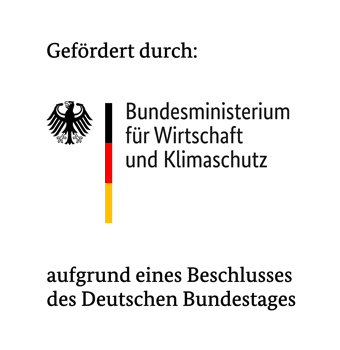
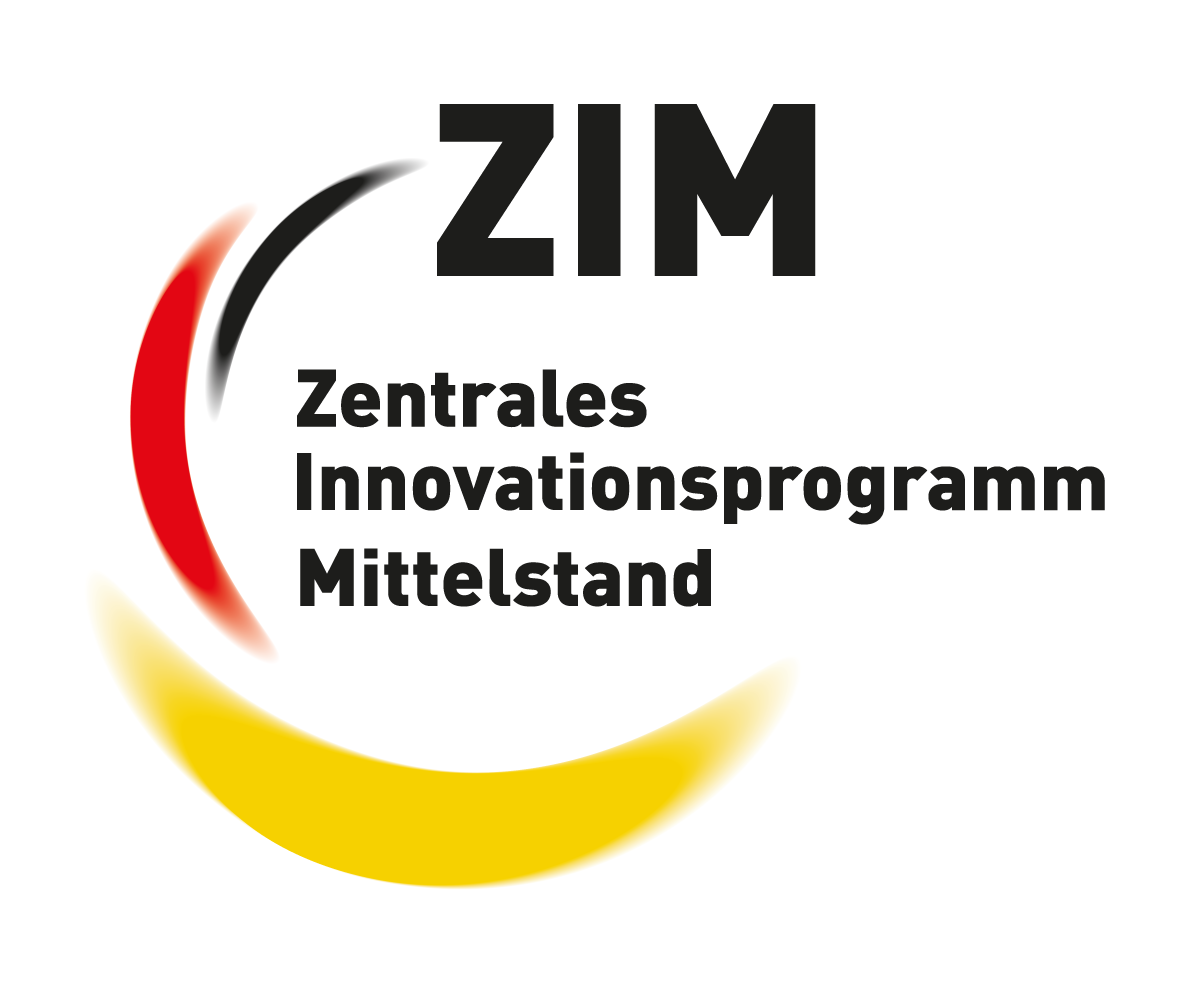

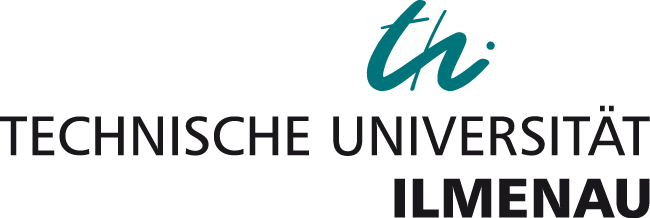

This project is co-financed by the European Union from the european fund for regional development. Operationelles Programm Mecklenburg-Vorpommern 2014 – 2020 – Investitionen in Wachstum und Beschäftigung .
Continuous condition monitoring is indispensable for condition-oriented maintenance of large-scale power engines in operation, such as ship engines. Faults in machines usually manifest themselves through a change in the noise signature long before a critical condition occurs. Measurement with acoustic sensors already makes it possible to test individual components. In this project, the individual sensor system, which has to be developed, is to be expanded into a sensor network, enabling continuous monitoring of the entire life cycle. Efficient use in the sense of a "condition monitoring system" requires Industry 4.0 approaches: digitalisation, networking and "machine learning". Acoustic monitoring of the entire life cycle thus forms the basis for the development of solutions for the megatrend of predictive maintenance.
The aim of the project is to develop a new type of sensor platform with network capability and adapted analysis and sound localisation procedures. The distributed measurement of sound events opens up unique possibilities for the comprehensive monitoring of large units with just a few sensors, expecially through the linking of sensors and sound localisation. In addition to the development of the sensor network and the localisation of the sound events, methods for the optimal placement of the individual sensor systems are being investigated.
This is a collaborative project between ds automation gmbh and Fraunhofer Institute for Large Structures in Production Engineering (IGP).

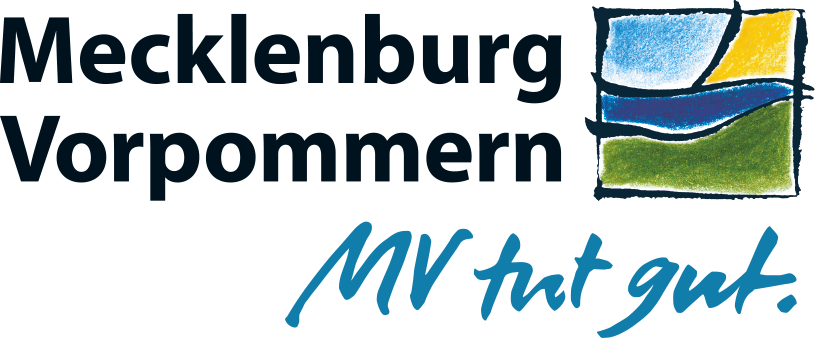


This project is co-financed by Federal Ministry for Economic Affairs and Climate Action.
The application scenario for the sound sensor is intended for use in the precise monitoring of filling plants, conveying equipment and dosing systems.
Machine learning (ML) methods are used to extract the features from the audio signals that are essential for detecting a fault in the process or damage to the system.
Process faults affect the quality of the products and machine damage can lead to longer and more expensive downtimes if not detected in time. To ensure consistent quality and avoid production downtime, defect detection is essential. The features obtained are evaluated by an artificial neural network. Feature extraction and the neural network are optimised so that they can be run embedded on a microcontroller. The manual effort for creating the sensor configuration (testing, training and configuring) is to be replaced by the KNN and thus automated. Among other things, this should reduce costs during commissioning and operation.
The aim is to develop a new sensor platform with an integrated artificial neural network.
This is a collaborative project between ds automation gmbh and Fraunhofer Institute for Microelectronic Circuits and Systems (IMS).
